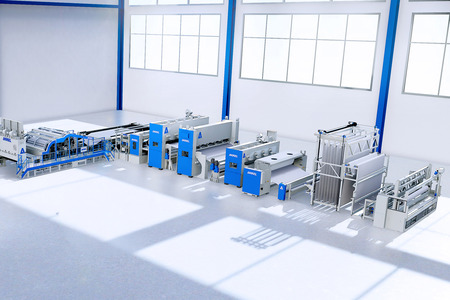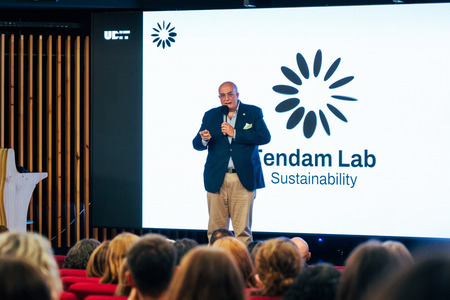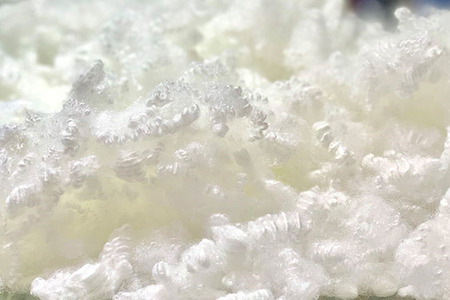
Hong Kong can become innovative materials and sustainable fashion hub
YarnsandFibers News Bureau 2023-06-12 17:14:29 – Hong KongHong Kong should take advantage of its seven decades of expertise in the manufacturing of textiles and apparel as well as supply-chain management to establish itself as a center of innovation for the upcoming wave of sustainable raw materials according to a seasoned professional in the field.
Edwin Keh, CEO of The Hong Kong Research Institute of Textiles and Apparel (HKRITA), has said that businesses should seize opportunities created by the demand for clothing made from recycled textiles and plastic materials in addition to food and agricultural waste. “Hong Kong companies need to provide technical innovation and solve problems for our customers,” he told the Post. “Clearly, the biggest global challenge is that of sustainability.
According to market research firm International Market Analysis Research and Consulting Group, the global market for cellulose fibres might be worth US$49 billion by 2028, rising at an average annual rate of 8.3% from US$30 billion in 2017.
The market consists of synthetic fibres made from wood pulp or other plant-based resources, such viscose, as well as natural fibres like cotton. According to the UN, the resource-intensive fashion industry is thought to be responsible for 10% of the world's carbon emissions.
According to calculations by WWF, a single T-shirt made of cotton, which can take up to six months to harvest, requires almost 2,700 litres of water, enough to support a person for 900 days.
The coronavirus epidemic, which hindered the expansion of the world economy, hastened the change. “The middle ground started disappearing because companies either were going to be profitable or would no longer be in business, as it became a zero-sum game,” Keh said, adding that companies are competing not only on price, quality and delivery speed but also on environmental and social compliances.
Alex Chan stated that HKRITA wants to scale up the fermentation process from 10 to 500 liters of pilot production line after being successful in generating bacterial cellulose autonomously at its laboratory.
Market Intelligence
Ask for free sample Report

experience
Customer Base
dedicated team
Countries Served Worldwide









